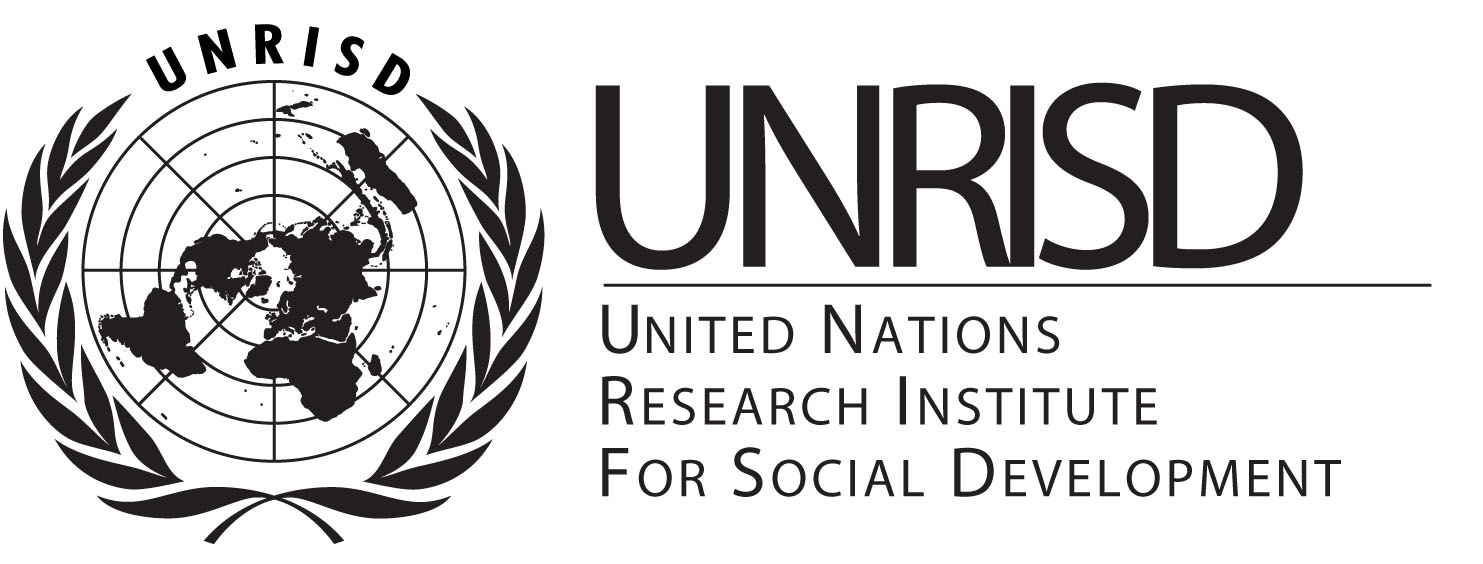The Brief emphasizes that policy instruments to promote equality of outcome have been neglected in the name of “equality of opportunity.” It further notes that the mainstream response to evidence of growing inequalities has been to dismiss equality of outcome as “politics of envy.” It suggests that rights must be institutionalized in order to substantially reduce inequality.
 October 2012: A new UN Research Institute for Social Development (UNRISD) Research and Policy Brief highlights the urgency of addressing inequality in the post-2015 development agenda. The Brief recommends that the post-2015 development agenda include: an analysis of the inequality, expressed in terms of the top and bottom deciles/ventiles; wages versus profits; gender-based wage; and other labor market indicators.
October 2012: A new UN Research Institute for Social Development (UNRISD) Research and Policy Brief highlights the urgency of addressing inequality in the post-2015 development agenda. The Brief recommends that the post-2015 development agenda include: an analysis of the inequality, expressed in terms of the top and bottom deciles/ventiles; wages versus profits; gender-based wage; and other labor market indicators.
The Brief emphasizes that policy instruments to promote equality of outcome have been neglected in the name of approaches claiming to create “equality of opportunity.” This is evident from the distribution of income between wages (income from labor) and profits (income from capital). The Brief further notes that the mainstream response to evidence of growing inequalities has been to dismiss equality of outcome as “politics of envy,” and focus instead on a less controversial equality of opportunity. It suggests that rights must be institutionalized in order to substantially reduce inequality. National efforts to reduce inequalities have to be supported by an enabling global environment, the Brief concludes. [Publication: Inequalities and the Post-2015 Development Agenda]